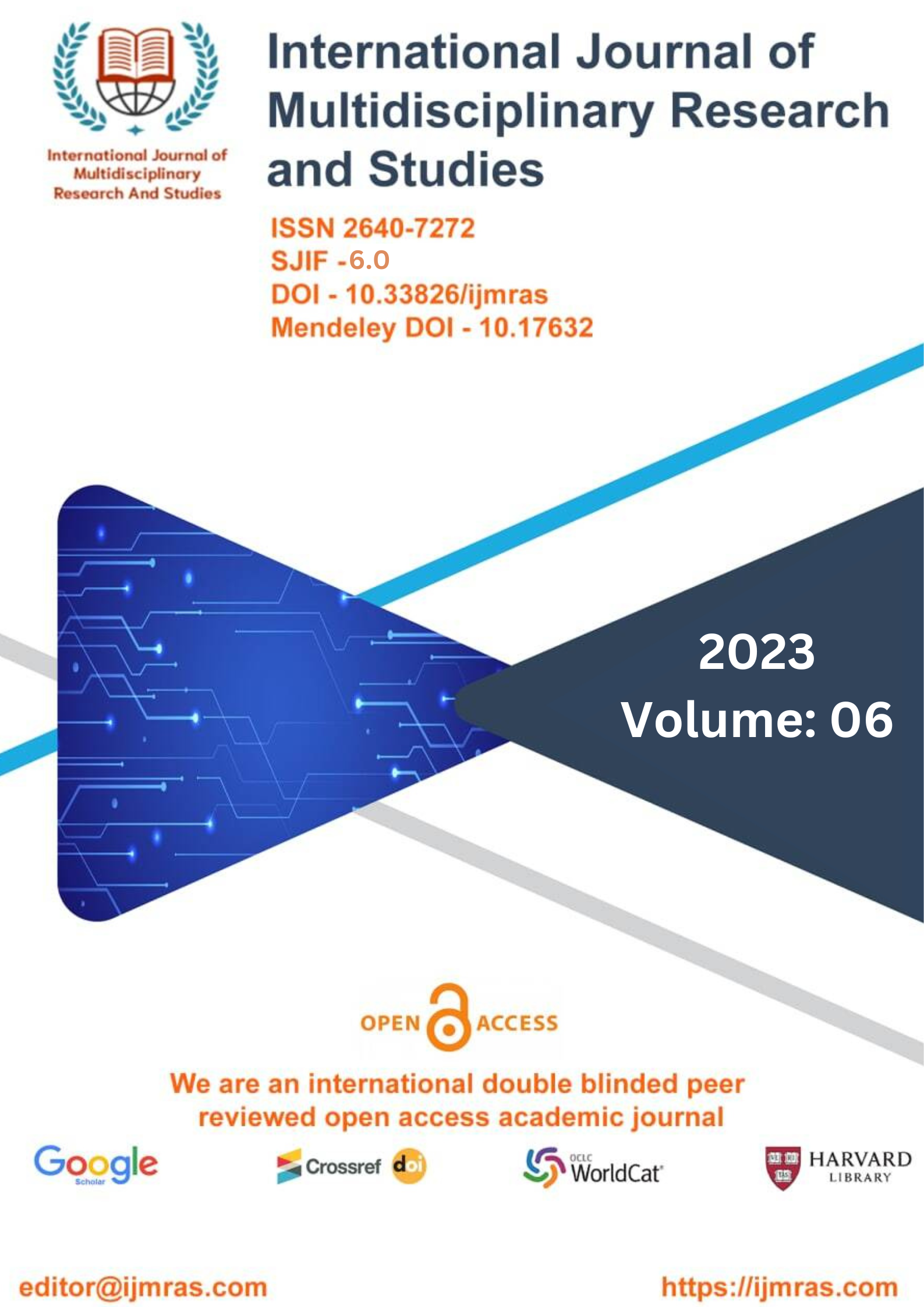Revealing accounting practices in determining the value of dowry (boka) in buton custom weddings in baubau city

Abstract
This study aims to reveal cultural accounting practices in the process of determining the dowry value (boka) in traditional marriages of the Buton people in Baubau City. This research is a qualitative research with an interpretive paradigm with an ethnographic approach. Data collection was carried out in a natural setting through participatory observation, in-depth interviews, and referring to literature and previous research results. The data analysis technique uses a modified and simplified Spradley model without reducing or changing the results of data analysis. The results showed that the accounting practice in determining the nominal value of the dowry (boka) was carried out in three stages, namely lukuti, pesoloi/pesolopi, and losa. The value of the dowry (boka) can be influenced by the level of the bride's traditional social status. There is no bargaining process in the process of determining the dowry (tauraka). The process of determining the dowry (tauraka) is different from the process of setting accounting prices. Culture constructs reverse accounting with conventional accounting. Cultural values are higher in value than money. Custom is above the transaction. Love underlies marriage so that the noble values of the Buton-Baubau Tribe are used in the entire process of determining the dowry (tauraka). 5 cultural values as well as money and gold as a means of paying the dowry (tauraka) of the Buton-Baubau Indigenous Tribe. The researcher found 5 meanings of the dowry value (boka) contained in the traditional wedding culture of the Buton-Baubau tribe, namely: respect, respect, readiness and responsibility, requests for permission and blessings. Prices are not always seen based on materials and numbers. Price has a different meaning from the point of view of the Buton-Baubau people.
Keywords
Accounting Practice, Dowry (Tauraka), Pricing, Meaning of Price, EthnographyHow to Cite
References
Andani, Novi. (2017). Akuntansi Pernikahan Muslim Bali (Studi Etnografi Di Kampung Lebah). Jurnal Ilmiah Mahasiswa FEB Vol. 5 No.2.
Ebere, C. (2016). Bride Price. Encyclopedia Of Family Studies, 1-5. https://doi.org/10.1002/9781119085621.wbefs346
Hadiati. (2012). Kota Baubau Sebagai Warisan Sebuah Peradaban Yang Lestari Dalam Kearifan Lokal Masyarakat Buton. Menggagas Pencitraan Kearifan Lokal, No.29, 413-428.
Hansen, D.R.,& Mowen, M. 2001. Manajemen Biaya: Akuntansi dan pengendalian. Edisi Pertama, Buku Satu. Jakarta: Salemba Empat.
Hardesty, D.M., Bearden, W.O., Haws, K.L., & Kidwell, B. (2012). Enhancing Perception Of Price-Value Associated With Price-Matching Guarantees. Journal Of Bussiness Research, 65 (8), 1096-1101. https://doi.org/10.1016/j.jbusres.2011.08.024.
Malinowski, A.B. (2016). Wiley, Royal, Royal Economic Society, 31(121), 1-16.
Manan, A. (2014). Akuntansi dalam Perspektif Budaya Jawa: Sebuah Study Etnografi Pada Pedagang Keliling Di Kota Semarang. Jurnal Ilmu Manajemen dan Akuntansi Terapan (JIMAT), 5(1), 1-20.
Manehat, Beatrix Yunarti. (2019). Mengungkap Praktik Akuntansi Dalam Penetapan Nilai Mahar (Belis) Pada Pernikahan di Belu. Tesis. Universitas Brawijaya.
Moleong, Lexy. (2016). Metode Penelitian Kualitatif. Edisi Revisi. Bandung: PT Remaja Rosdakarya.
Rahayu dan Yudi. (2015). Uang Na‟i : Antara Cinta dan Gengsi. Jurnal Akuntansi Multiparadigma, Vol. 6, No. 2, Hal.224-236.
Zuryani, N. (2016). Bali Terhadap Praktek Belis Kekinian, 6, 1–13.
License
Copyright (c) 2023 Febby Rachmadani, Gagaring Pagalung , Damayanti

This work is licensed under a Creative Commons Attribution 4.0 International License.
Individual articles are published Open Access under the Creative Commons Licence: CC-BY 4.0.




